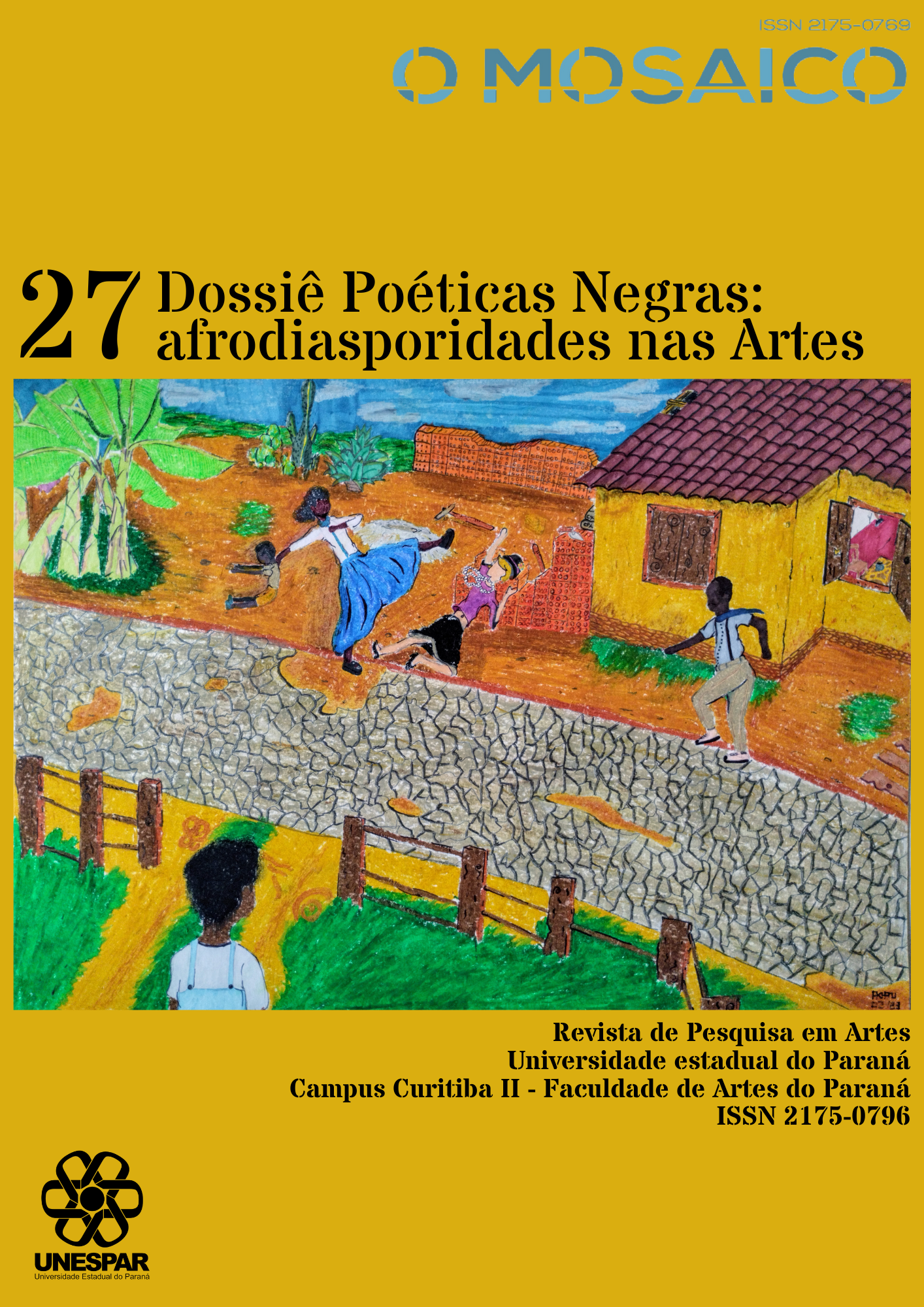Aesthetics and politics in the combat (dite de combat) cinema:
the films of Ousmane Sèmbene between reality and fiction in the competition for memory
DOI:
https://doi.org/10.33871/21750769.2024.19.2.9145Keywords:
Cinemas Africanos, História e Memória, Dite de Combat, Estética e PolíticaAbstract
Sembène’s cinema is mostly studied from the perspective of his activism and his role as a pioneer of African cinemas. Given the importance and celebration of this filmmaker's centenary in 2023, seeking to work on the audiovisual production of this memorable Senegalese filmmaker, this article approaches the aesthetic aspects in his political way of filming, showing how his politics are structured aesthetically as to Frantz Fanon’s dite de combat, or the awakening of the people through culture. Applying two methodological approaches, filmmakers and their works are taken as objects of study and possibility of theoretical elaboration, through the theory of filmmakers (Penafria, Santos & Piccini, 2015; Graça, Baggio & Penafria, 2020), and also in terms of a discursive analysis as a film study, keeping in mind the importance of going beyond films and artists, as proposed by Robert Stam and Ella Shohat (2006). We explored several films by Sembène: La Noire de... (1966), Emitai (1971), Xala (1975) and Ceddo (1997), aiming to understand the aspects that permeate all the works, not only the regularities, but also the deviations and aesthetic-political specificities of each one.
Downloads
Downloads
Published
How to Cite
Issue
Section
License
Copyright (c) 2024 O Mosaico

This work is licensed under a Creative Commons Attribution-NonCommercial-ShareAlike 4.0 International License.
The authors retain the copyright, when licensing their production in the journal O Mosaico, which is licensed under a Creative Commons license. When submitting the work, and upon acceptance, the author assigns his/her copyright for publication in the journal. Readers can download, print and use the articles published in the journal, as long as there is always an explicit mention to the author (s) and to the O Mosaico, and no changes to the original work are allowed. When submitting an article to the journal O Mosaico and after accepting it for publication, the authors allow, without remuneration, to pass the following rights to the journal: the first edition rights and the authorization for the editorial team to transfer, according to their judgment, this article and its meta data to indexing and reference services.

